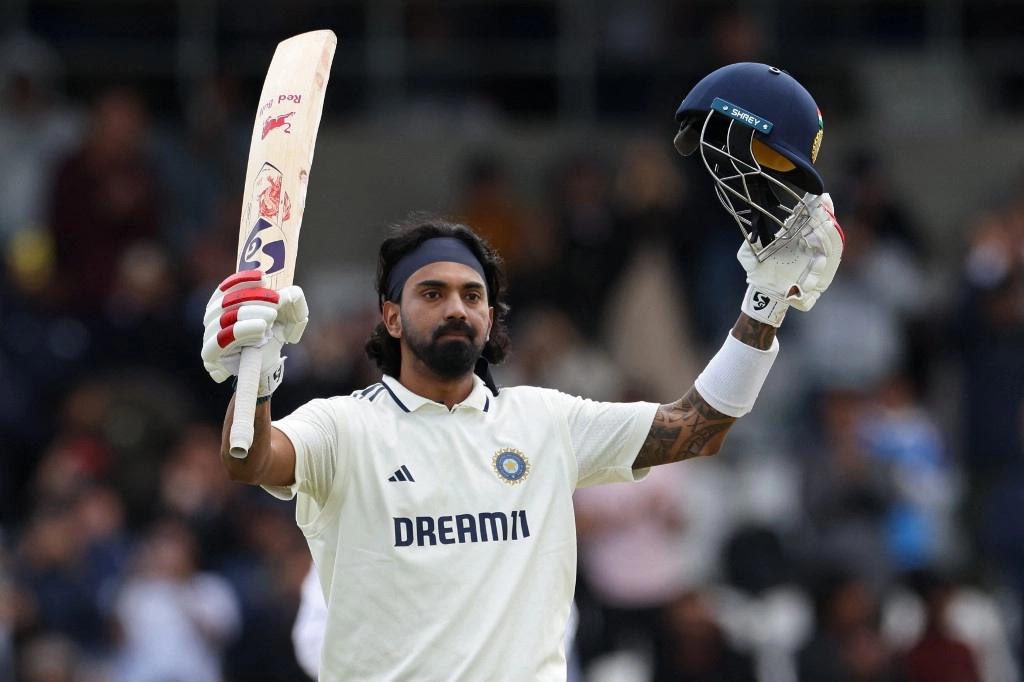Ben Stokes, the renowned English cricketer, recently made headlines with his candid remarks regarding the intense and heated moments during matches against India. Known for his fiery passion and competitive spirit on the field, Stokes emphasized that he wouldn’t succumb to tears or emotional outbursts, regardless of the pressure that such high-stakes encounters often bring. His statement reflects not only his personal approach to the game but also sheds light on the broader context of cricket as a sport that thrives on rivalry and intense competition.
The rivalry between England and India has a storied history, marked by memorable matches and dramatic confrontations. Stokes’ comments resonate with many players who have experienced the electric atmosphere that these encounters often generate. He articulated a sense of resolve, suggesting that while competitive tensions may rise, it is crucial for players to maintain composure and focus on the game. This mindset not only helps in navigating the pressures of international cricket but also serves as an example for younger players who look up to him.
Stokes’ refusal to “cry” in the face of adversity highlights a key aspect of sportsmanship: resilience. In a sport that can often be as emotionally charged as cricket, maintaining one’s cool amidst chaos is vital. His statement encourages players to channel their emotions constructively, turning potential distractions into motivation. This philosophy not only enhances individual performance but also fosters a team environment where players support each other, regardless of the challenges they face on the field.
In conclusion, Ben Stokes’ remarks about his experiences with India reveal much about his character as a player and leader. By advocating for emotional strength and composure in the heat of competition, he sets a powerful example for both current and future generations of cricketers. As matches between these two cricketing giants continue to unfold, Stokes’ insights remind us that, at the heart of the game, it’s not just about winning or losing, but how players navigate the emotional landscape of sport itself. This perspective is essential for anyone looking to thrive in the competitive world of cricket.




